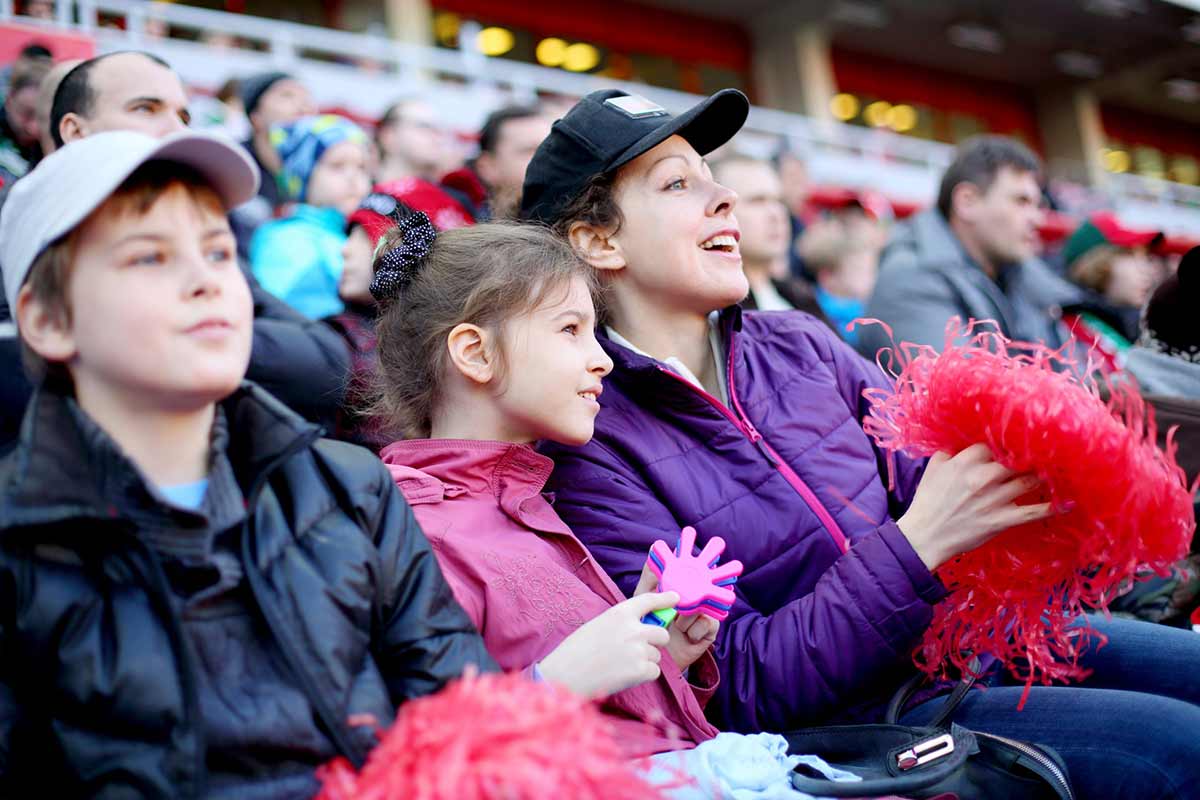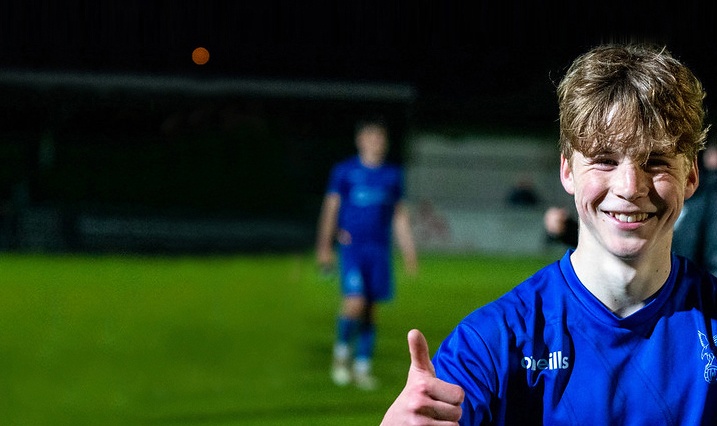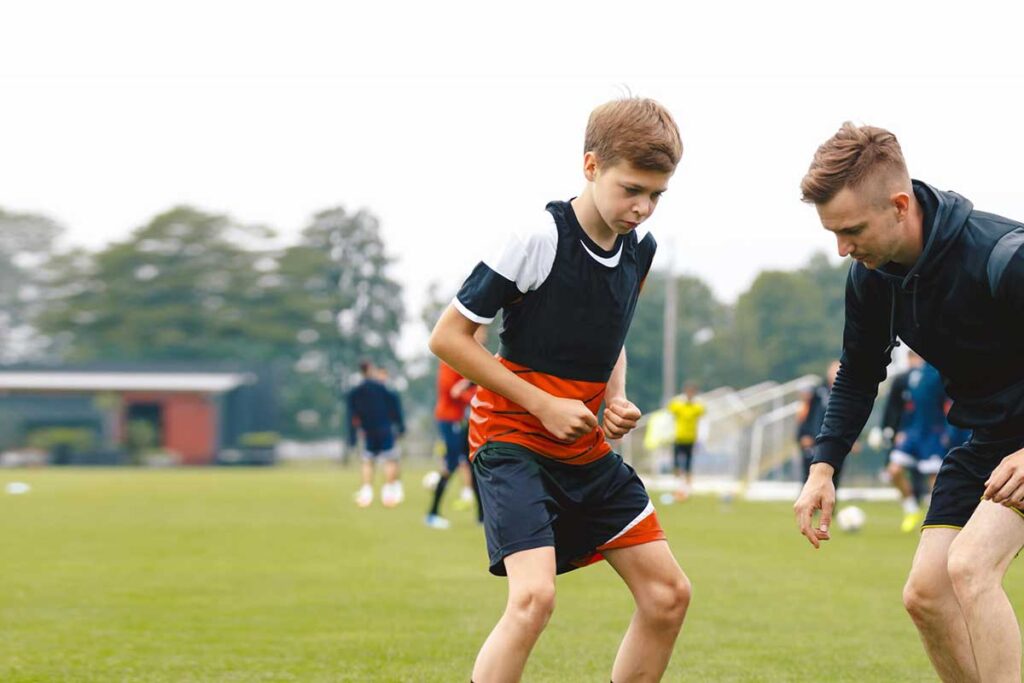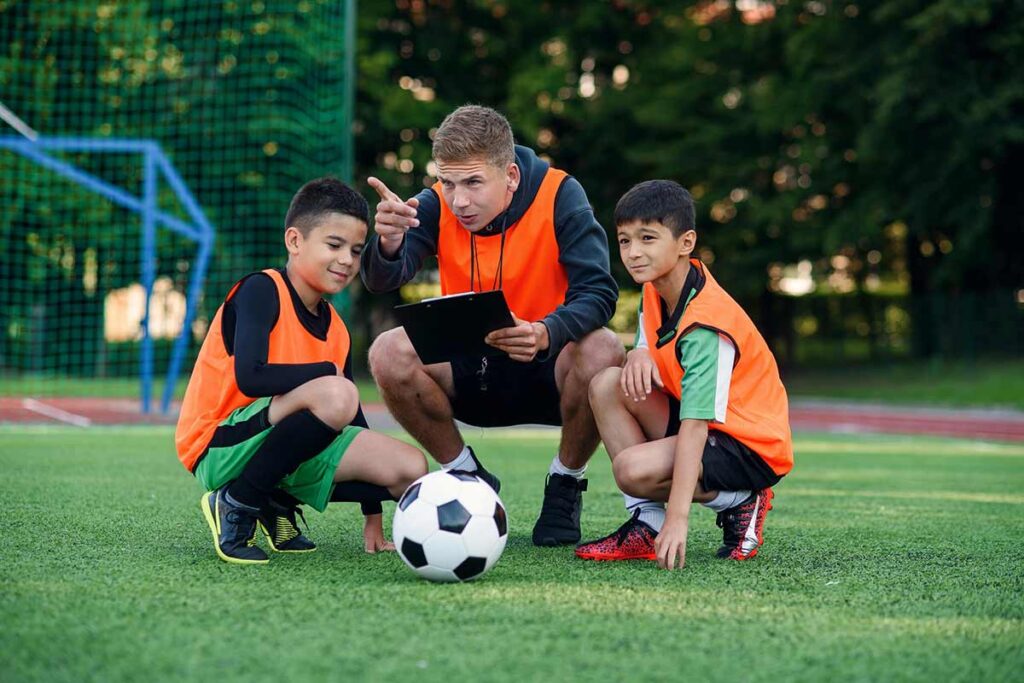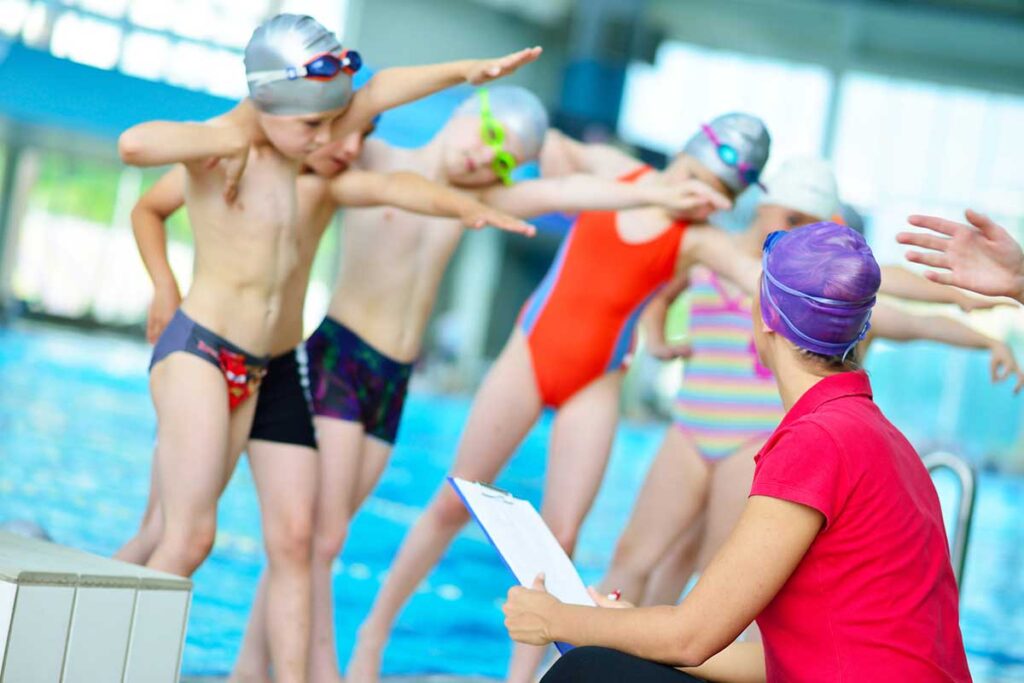Welcome to part two of the Parent Factor series
We explore why and how you should create a club culture where parents, coaches, leadership and athletes are all on the same level. Check out our free guide to parent engagement here.
In the first part of the series, we discussed the benefits of increasing parent involvement at your club. Now, we’re going to share our advice on building positive relationships with parents.
Many coaches and club leaders will have experienced difficult, stressful, or strained conversations with parents before. A lot of the time, this type of situation occurs due to a breakdown in communication. And later on, we’ll highlight the four key steps you can take to ensure you build strong relationships with parents and therefore avoid these types of conversations all together.
But let’s first explore how you can best deal with these situations if they do ever occur.
How to deal with difficult parent conversations
1. Ensure parents can voice their thoughts and opinions
If you’re approached by a parent who is upset, you need to allow them to explain what the problem is. Make sure you don’t shut them down, or allow voices to become raised. Give them time to inform you of what the issue is, so you can understand the situation from their point of view.
It’s important to be professional and calm, with a sensitive tone. Remember that you both want the same outcome from the situation: for their child to be happy and enjoying their time at your club.
2. Avoid using technical jargon
Ensure you don’t use overly technical language and phrases during difficult conversations with parents. It’s likely they won’t understand the technical jargon, so this will only cause further tension.
3. Focus on their child and avoid comparisons
It’s important that during these conversations, the topic remains their child. If the parent begins to compare to another individual, calmly remind them that you need to focus on their child, and their particular issue.
4. Be mindful of your non-verbal communication
During these conversations, ensure you’re mindful of your body language and your tone. As we mentioned, often these conversations occur due to a breakdown in communication. So it’s important not to exacerbate the situation with an impatient tone or hostile posture.
Make sure your arms are not crossed (this can portray aggression), and that you maintain eye contact. These are quick ways to build rapport during a conversation, and demonstrate that you are actively listening.
5. Control the environment
You need to ensure these conversations are held in the most constructive environment possible. For example, if a parent approaches you at the end of a training session and begins to raise concerns or becomes upset, don’t be afraid to suggest having the conversation at a different, more suitable time. It’s important you’re able to provide them with your full attention.
This way, you can also have time to invite another person to join the conversation – to act as a witness or to help avoid any confrontation occurring.
So, now we know how to deal with difficult or challenging parent conversations, is there a way to reduce the chance of them occurring in the first place?
Four ways to prevent difficult parent conversations
1. Highlight your approachability
At the start of a season or new term, you will likely have new joiners at your club. This is a great opportunity to inform them, and remind existing members, that you are approachable. Let them know how you prefer to be contacted – whether that’s via email, phone call, or however you are most accessible. If parents know that they could call you quickly if an issue arises, this can prevent the situation from escalating due to a lack of communication.
2. Inform them of your goals
As we discussed in part one of this series, parents can be very helpful in increasing your chances of achieving club goals. For example, they can encourage healthy habits you’d like to instil in the athletes. But even if the goals don’t require parent assistance outside of training time, communicating your aims for their children will help to get them on board.
Perhaps you’ve seen potential in a particular child, and believe that if they attended extra training sessions they could compete at a higher level? Informing the parent of your thought process, and explaining clearly the purpose of the extra training times, will prevent any potential push back.
3. Include them in the debriefing stage
Also including parents in the reviewing and debriefing stage will help build stronger, more positive relationships. For example, inviting them to share their thoughts after a match or competition around what went well, and what could be improved next time. That way, if changes are introduced, it’s likely the parents were involved in that decision, and they understand the reasons. They’ll then feel as though they’re part of the process, and recognise that you value their input.
4. Introduce rules and expectations
Finally, and most importantly, you need to ensure there are rules and expectations in place. Not just for parent behaviour, but for athletes and coaches too – with clear consequences if these rules are broken by any party.
Introduce these rules at the start of the season or year, and ensure they are taken seriously by all groups involved. For example, a rule that parents at a football club are not permitted to raise their voice from the sidelines during a match. By having a clear rule in place, there is a simple, straightforward process to follow if the situation ever does arise.
–
By following these steps, you will be able to build positive, trusting relationships with the parents at your club. You’ll then see a decrease in the number of difficult or challenging conversations and behaviours.
In the next part of this series, we’ll explore how parents can support our clubs – and help coaches build even stronger relationships with the athletes.
This article was based on a live video hosted by Alex Row, LoveGymnastics Community Ambassador. If you’re involved with a gymnastics or football club and are interested in watching similar videos in future, join our dedicated Facebook Communities:


